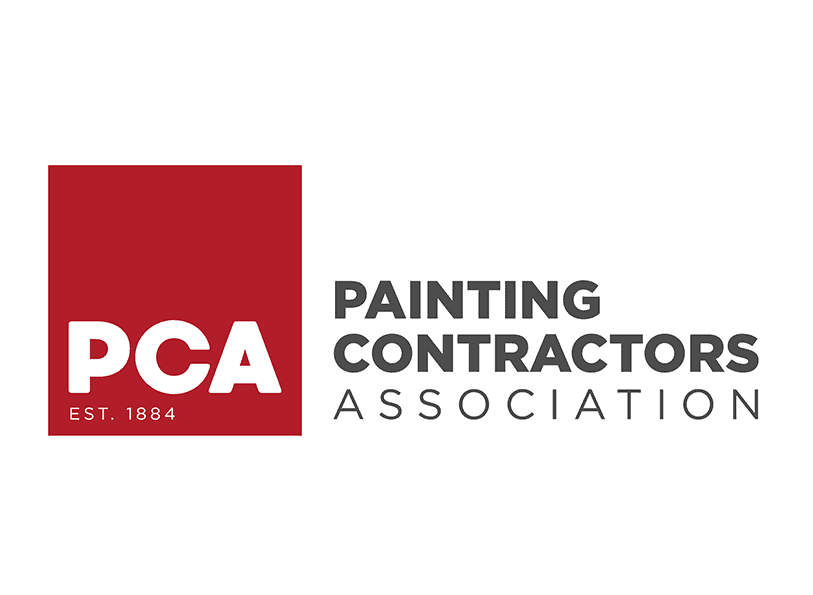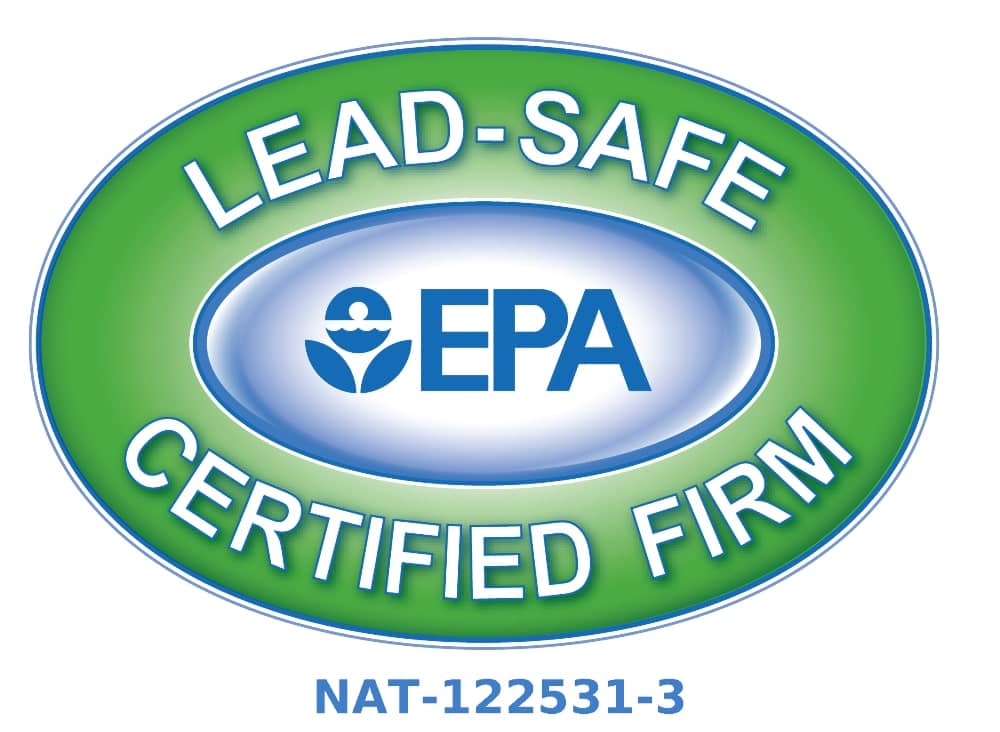
06 Dec Are You Concerned About Paint Fumes? Our tips for dealing with them.
The smell of paint fumes can concern (or bother) some clients. We understand. Paint fumes are not a particularly appealing odor and can be an issue for those with asthma or other respiratory problems. However, there’s no need to put off repainting your home or office. There are options available to help diminish paint fumes. Here are our tips for you to consider.
What Causes Paint Fumes?
Paint fumes are made up of various chemicals, including volatile organic compounds (VOCs), solvents, and metals. VOCs are carbon-based compounds that evaporate at room temperature, creating those pesky paint fumes. They’re found in many household products, including cleaning supplies and air fresheners.
Are the Paint Fumes Dangerous?
VOC fumes can cause a variety of health outcomes, including eye, nose, and throat irritation; headaches and loss of coordination; nausea; and (in severe cases) damage to the liver, kidneys, or central nervous system. Some VOCs are suspected or proven carcinogens. There are paints available with no or low VOCs. If you have any concerns, please discuss them with us. We can use these specialty paints if requested.
Tips for dealing with paint fumes
-
-
- Use low or no VOC paint. These specialty paints with little to no VOCs will make a significant difference.
- Ventilation is a straightforward action you can take. Opening your windows and doors creates cross-circulation of air to diminish the paint fumes from fresh paint.
- If you don’t use no or low-VOC paints, consider sleeping away from home for a few nights.
- Use fans to circulate fresh air from outdoors whenever possible. This helps avoid the build-up of fumes.
- Wear a respirator or mask to protect against inhaling paint fumes. We recommend using a respirator specifically designed to filter out vapors and gasses.
- If you’re doing the painting yourself, take breaks every few hours to get some fresh air outdoors.
- Use a paintbrush or roller instead of spraying to reduce fumes. Work with small amounts to avoid unnecessary fume circulation when dipping your brush or pouring paint into a tray.
- Water-based paints emit fewer fumes than oil-based. Oil-based stains or lacquers also emit more fumes. Take extra precautions to limit exposure to the fumes.
- Try aromatherapy oils on cotton balls around the house to mask some fume odors. We suggest using a strongly scented oil like peppermint or lemon. Keep in mind that this only disguises the scent instead of reducing it.
- Coffee grains are known to absorb odors. Try putting some in bowls around the space with new paint to reduce some of the odor.
- Light some high-quality scented candles. This, too, disguises the fumes rather than dissipates them.
-

Mike Katounas is the owner of Home Works Painting, a painting business in Northern Virginia. He has over 15 years of experience in residential interior and exterior painting, drywall installation/repair, carpentry, wallpaper removal, power washing, commercial painting, color consultation, and staining/sealing. Their service areas include Chantilly, Fairfax, Herndon, Oakton, Reston. Mike takes pride in his work, and he always follows a strict code of conduct that includes the use of quality paint, a clean workspace, and an honest, respectful approach to his customers.












Sorry, the comment form is closed at this time.